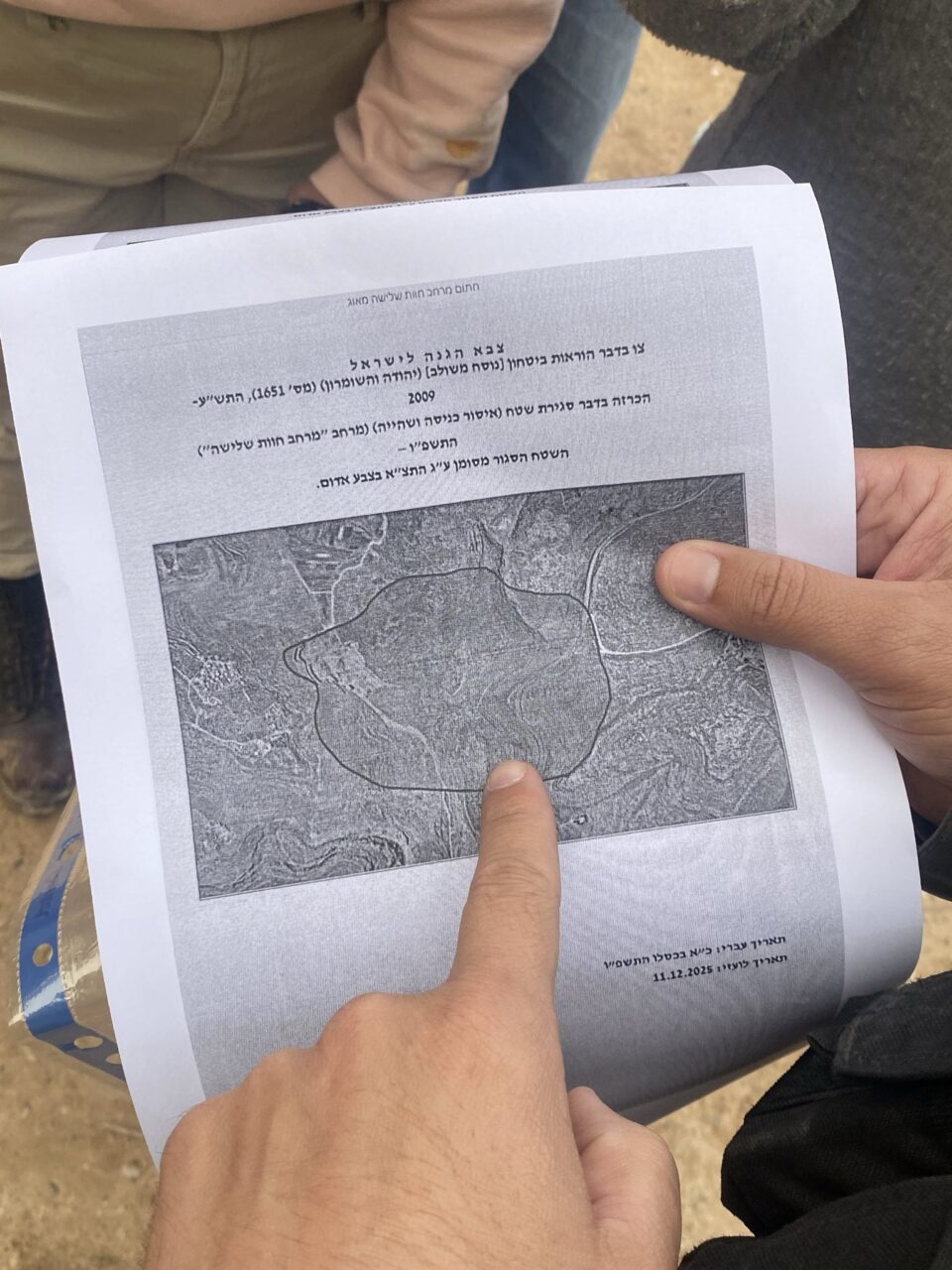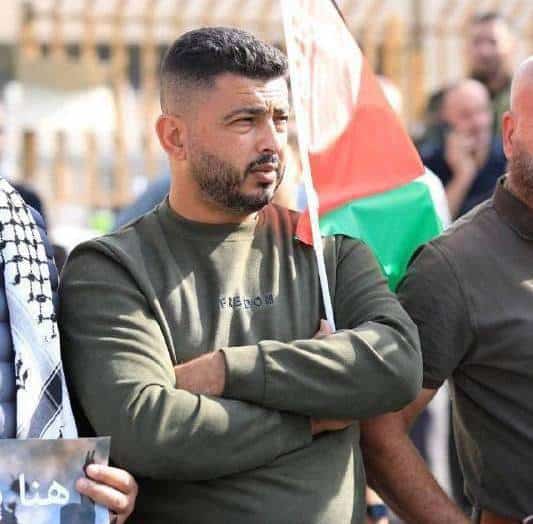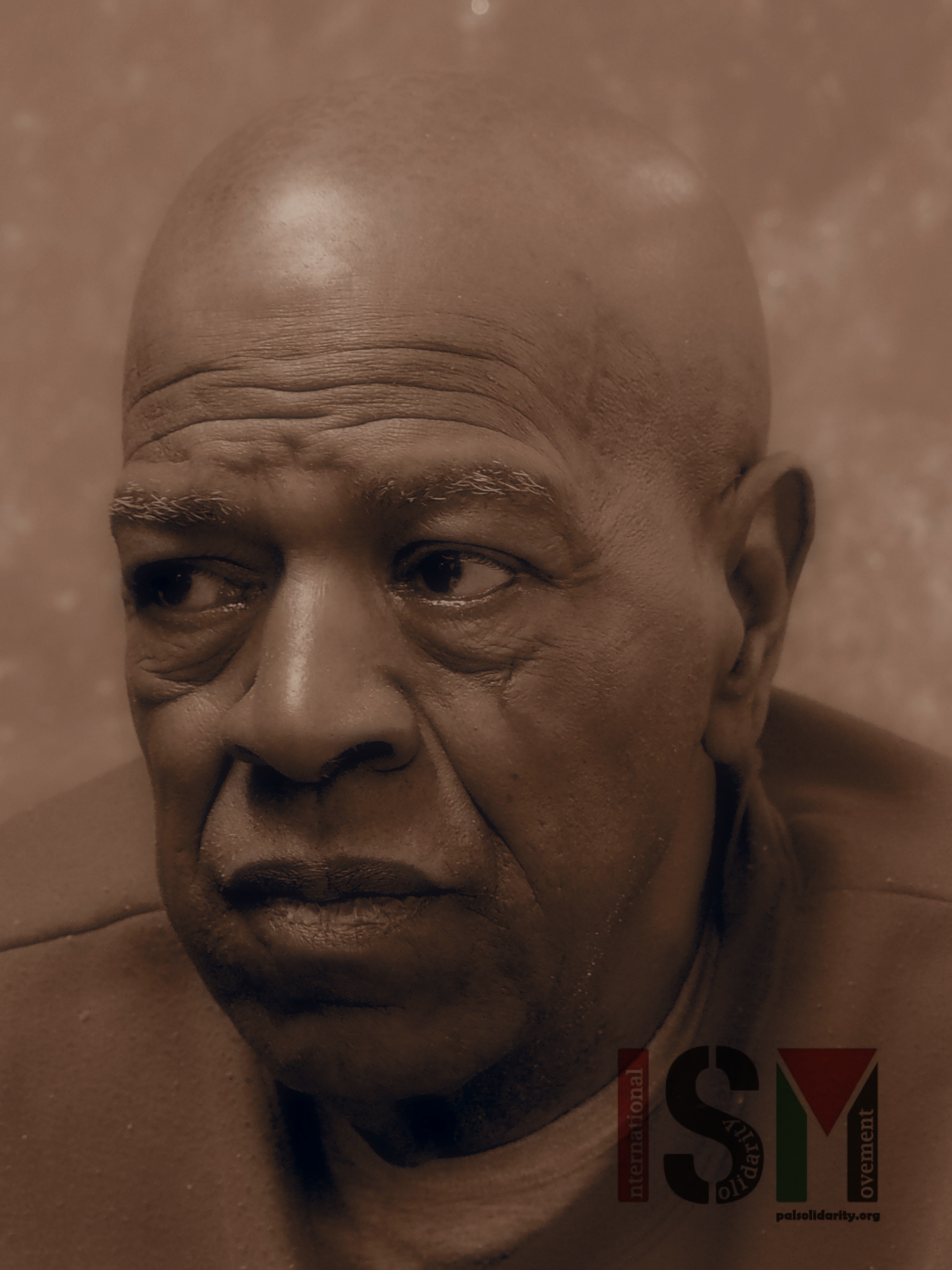Tag: Prison
-
US Activists Imprisoned by Israel while Challenging Deportation
FOR IMMEDIATE RELEASEDecember 14, 2025 Irene Cho and Trudi Frost were arrested on Friday, December 12, in the West Bank village of al-Mughayyer while staying with a family threatened with forced displacement. Their staying permits were revoked last night through a summary procedure, with officials refusing to review evidence of the illegality of the arrest.…
-
Palestinian Activist Ayman Ghrayeb Hospitalized; Facing Administrative Detention
FOR IMMEDIATE RELEASEThursday, November 20, 2025 Ayman Ghrayeb, a prominent Palestinian grassroots activist based in the Jordan Valley, was arrested by Israeli forces on Monday, November 17, and was forcibly disappeared for two days before his lawyers were given any information about his whereabouts. Throughout the first two days of his arrest, both the Israeli…
-
Ali Jiddah – an alternative tour guide
6th April 2016 | International Solidarity Movement, Ramallah Team | Jerusalem, Occupied Palestine Ali greets us international activists with a certain kind of warmth that those who are foreign to the middle east (or Palestine in this case) may have never experienced or have been accustomed to in our home countries. We have all learned very quickly to appreciate the…



